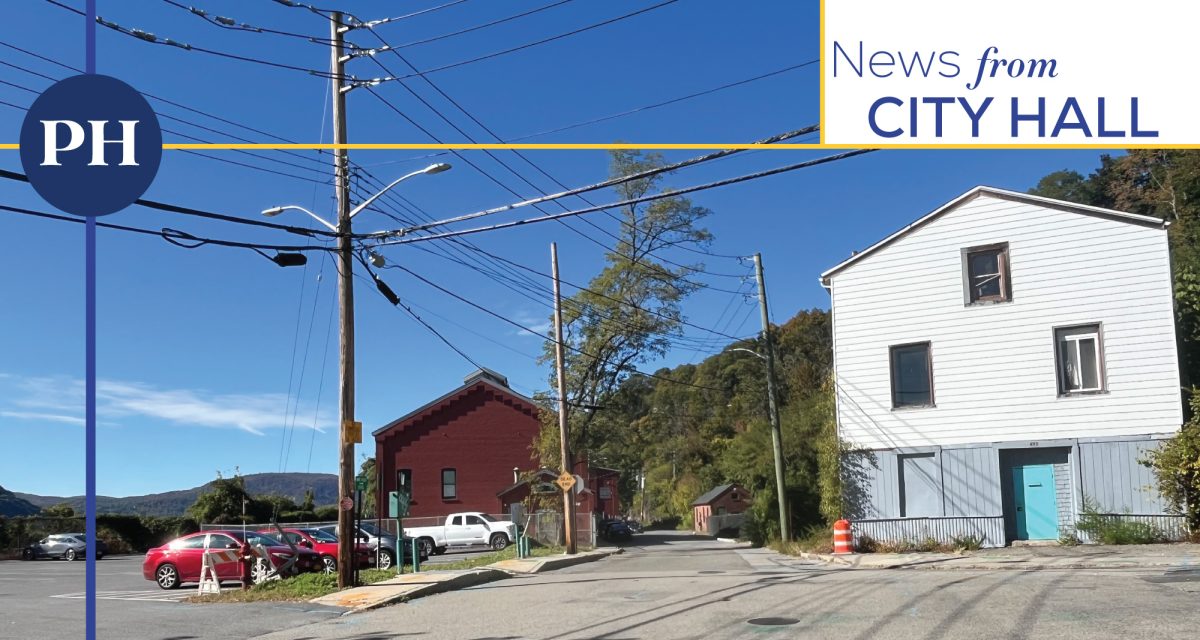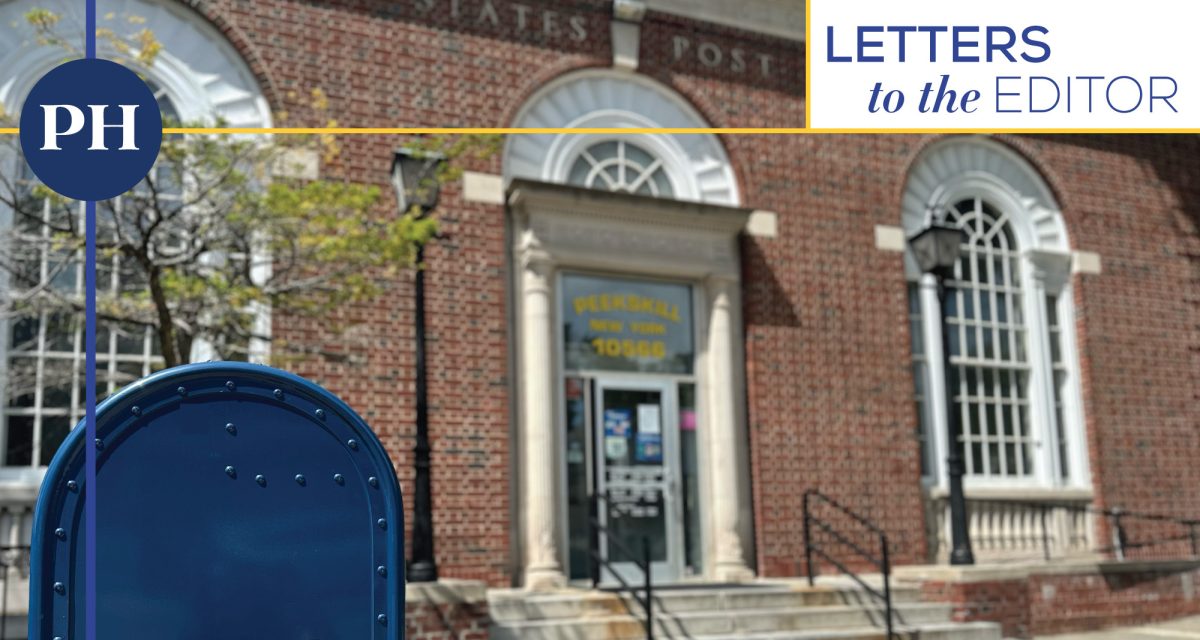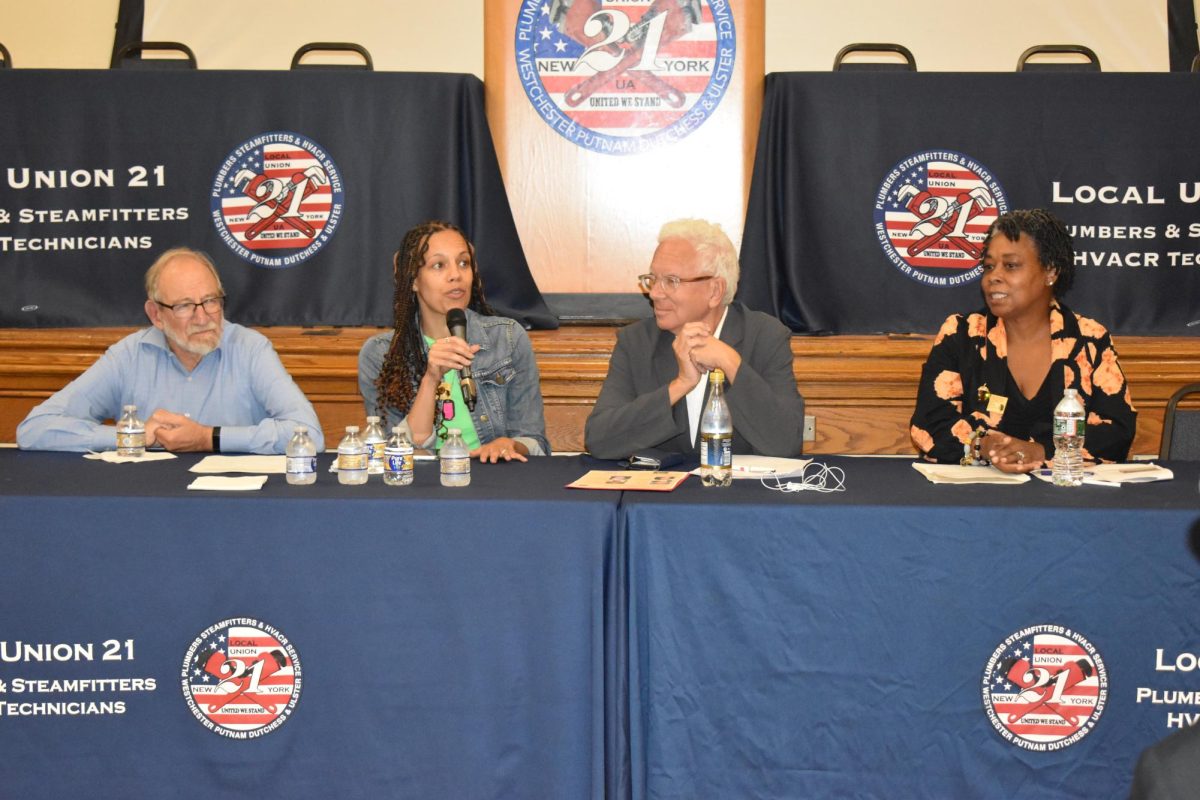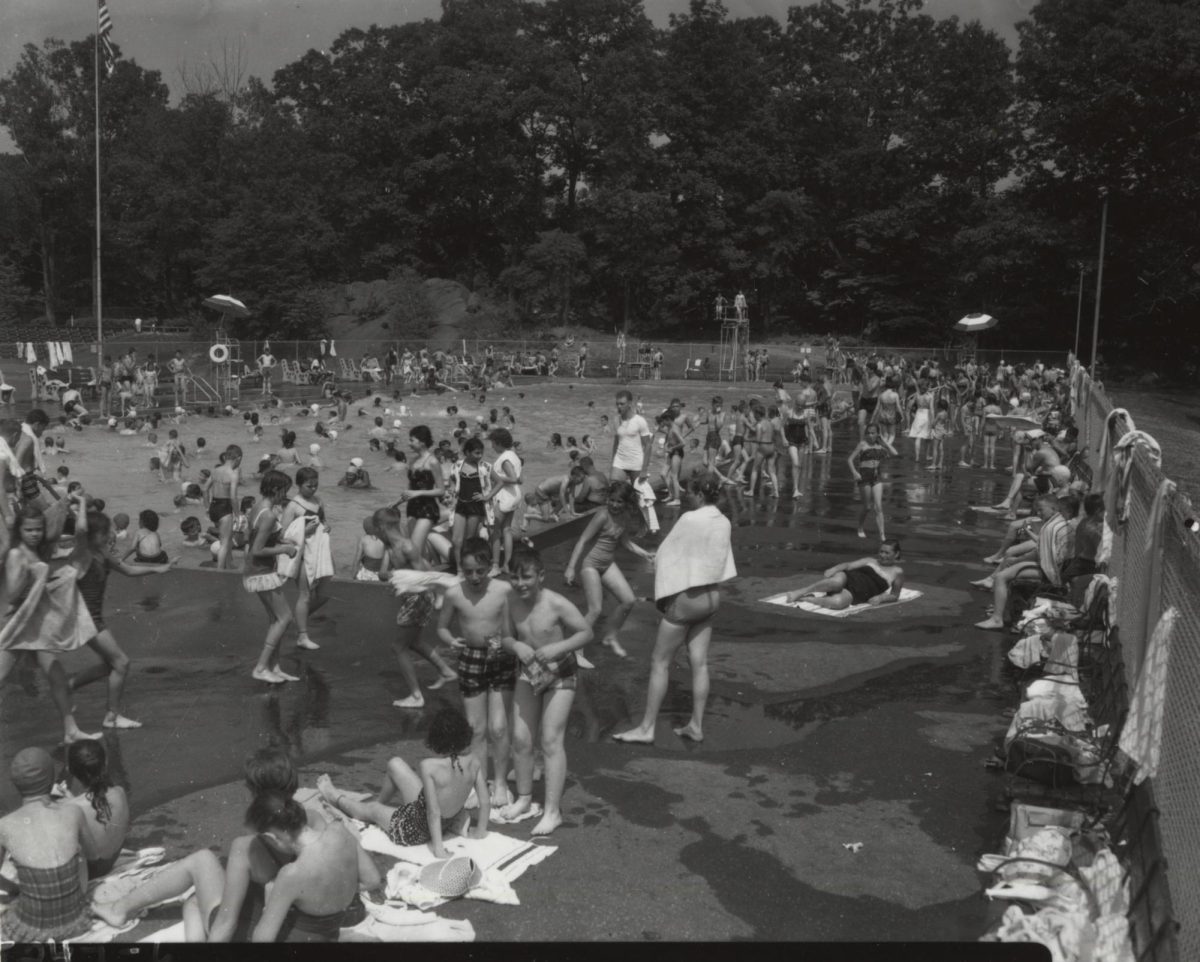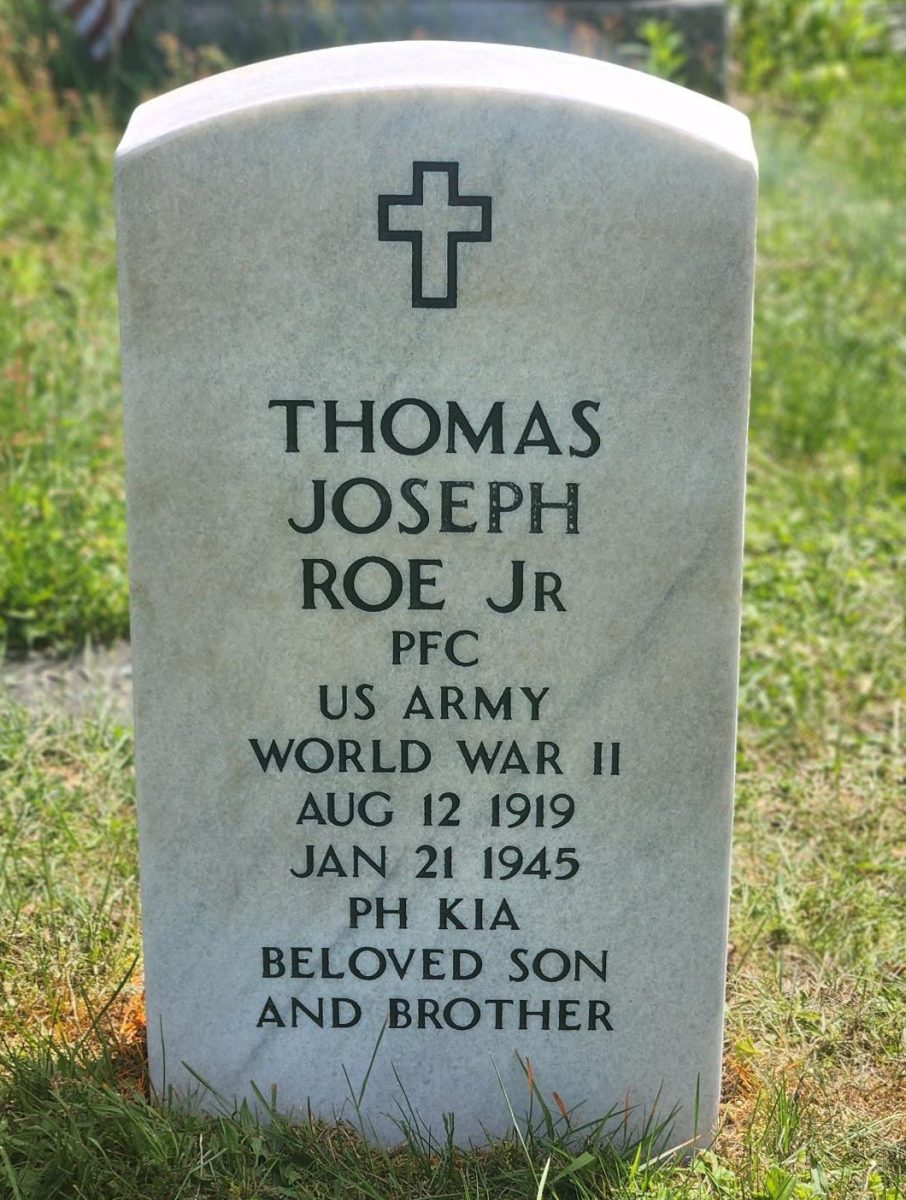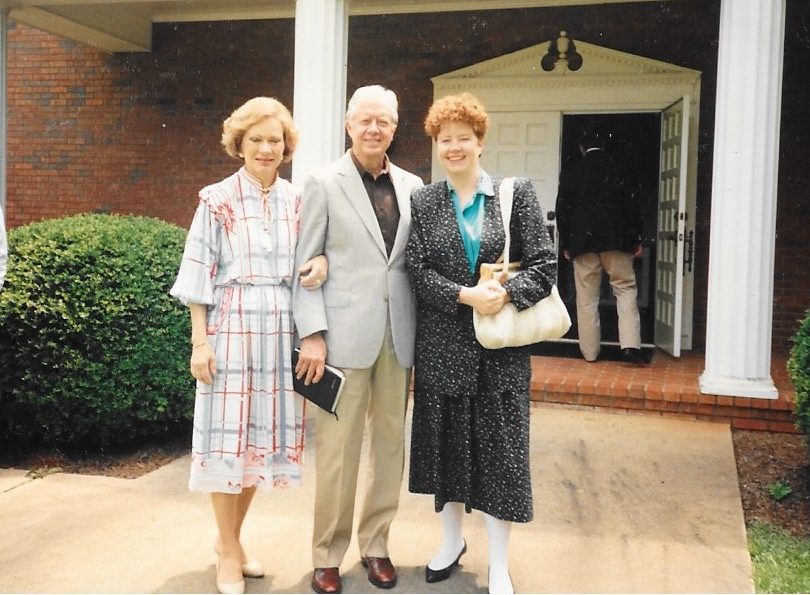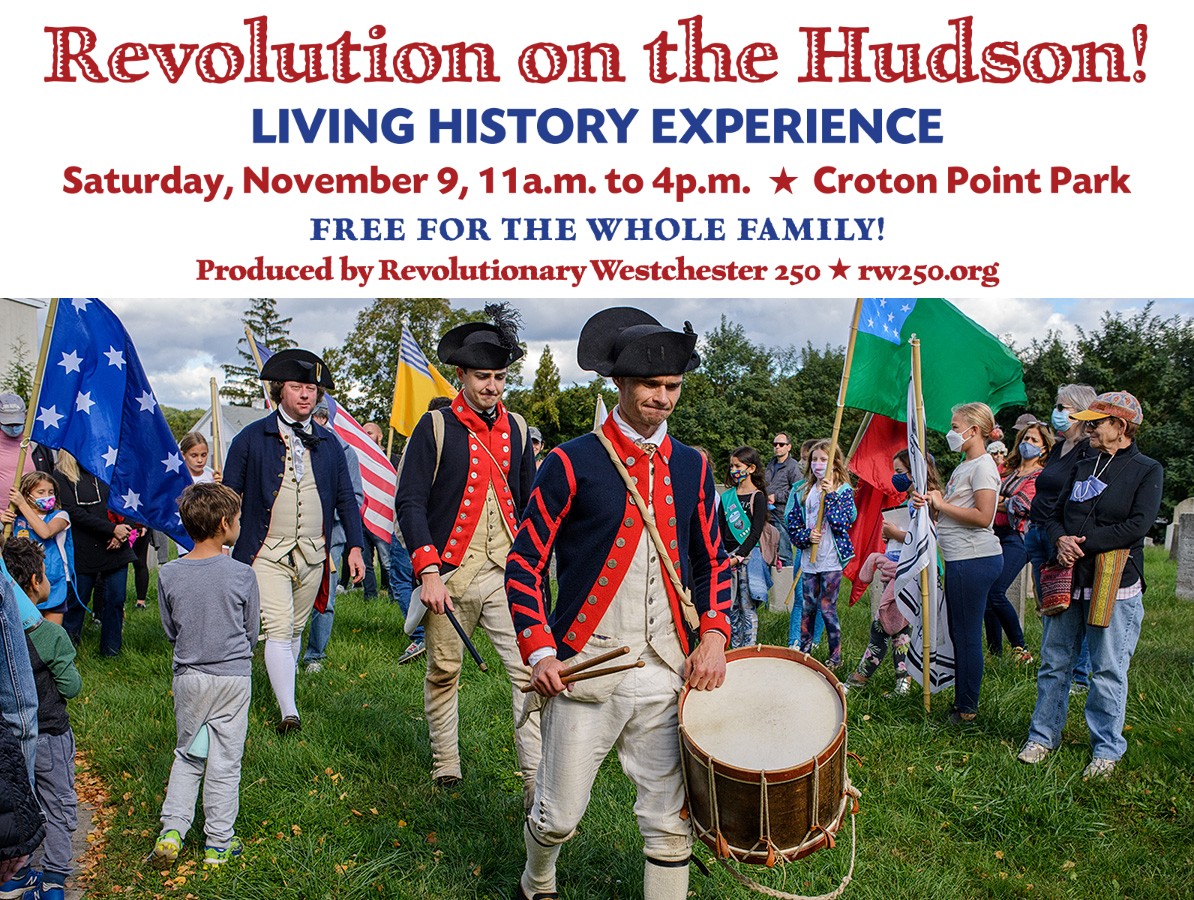Newspapers mean so much to our city and our society as a whole. They tell the stories of our ancestors, and in the future, they will tell ours too. They keep us updated on our surroundings and serve as our collective voice. News is not just a report on what’s happening, but a stronghold of our constitutional freedom of speech.
Given how vital newspapers are (they remain the most used resource at the Field Library’s Colin T. Naylor Jr. Archives), digitizing them was an obvious project for the archives to undertake. After receiving a $300 donation from a local estate, that project was ready to begin. We started with the summer of 1949, another obvious choice, considering the historical significance. That was the summer of the Peekskill Riots. Although the library maintains one set of physical papers as well as the microfilm, neither of those are accessible to researchers throughout the country interested in the topic.
Inspired by the passionate nature of the papers and success with digitizing the summer of 1949 editions (they were used in the making of Jon Scott Bennett’s The Peekskill Riots docuseries, and have been accessed by a journalist for Smithsonian Magazine), the archive was ready to move forward with the digitization project. Opportunity came in the form of a $10,000 grant from the Metropolitan New York Library Council. In August , fifty microfilm reels were sent out to Iowa for digitization. Since October of 2024, the Colin T. Naylor, Jr. Archives has had access to those digitized local newspapers from 1830-1910s.
In researching these historical newspapers, several trends emerged. For one, papers published in the 18th and early 19th centuries were intentionally unobjective. Prior to the establishment of the United States, many newspapers served as advocates of a political agenda. The Loyalist Press advocated stability and support of the British Empire. Conversely, patriot newspapers defended freedom and rallied colonists against unfair treatment under British rule. Newspapers were so integral to independence that the first amendment to the Constitution protected both freedom of speech and freedom of the press. The aggressive support for patriotism would evolve into the “First Party System,” in which two national political parties dominated the political landscape. As the United States split into factions, newspapers were created and distributed to loyal party members. These papers would encourage voting for their party’s candidates while disparaging the opposition.
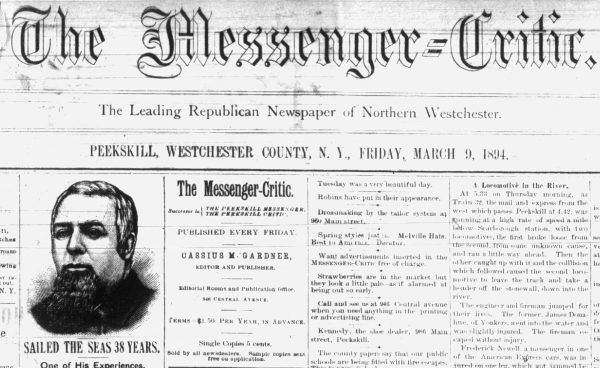
From the first party system era came the earliest known newspaper published in Peekskill, the Westchester Gazette; and Peekskill Advertiser, established in 1808. The earliest copy still in existence is from 1810 and housed at the American Antiquarian Society in Worcester, Massachusetts. Former Peekskill City Historian William T. Horton described the Gazette’s Editor, Robert Crumbie, as “an able newspaper man but his efforts did not meet with that financial response necessary for the continuance of a successful venture.” Lack of support from residents and advertisers and high costs remained a constant theme in Peekskill newspaper publishing for the next 150 years.
That fact is demonstrated in the sheer number of papers that have been published locally since 1808: nearly 20. Some ran concurrently, like competitors Peekskill Evening News and The Daily Republican. Others were consolidated and renamed, such as The Peekskill Messenger and The Critic, which were joined in 1894 under the title The Messenger-Critic. The two most consistent newspapers in Peekskill history were The Highland Democrat (1858-1942) and The Evening Star (1922-1988). A product of its time, The Democrat was a Democratic-leaning paper and supported the political party with new articles every week. A particularly vicious pre-election issue from October 30, 1880, lambasted presidential candidate James Garfield and the Republican Party. Approximately half of the second page accused members of the party of fraud, corruption, and fiscal irresponsibility, among other allegations. It claims, “No intelligent and patriotic citizen, who understands what a vote for Garfield and Arthur means, can possibly cast his ballot for their election.” The other half of the page endorsed all of the Democratic candidates on the ticket.
The Evening Star, on the other hand, was subtler in its political advocacy, showing a growing trend toward newspapers not aimed at members of a political party, but the everyman seeking to stay informed of local and national news. In addition to the news, pages were dedicated to sports, advertisements, puzzles, and recipes. It very closely resembled a newspaper you might see in print today.
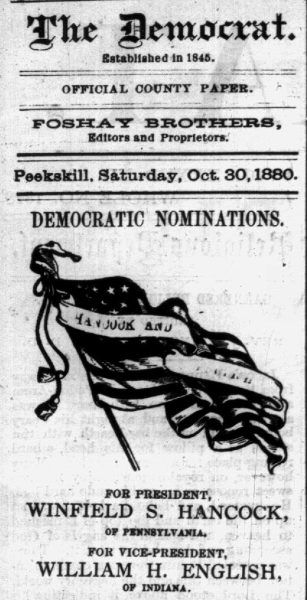
In addition to their prevalence and partisan advocacy, political-leaning newspapers were notable for their colorful mottos. Many focused on two ideals: protecting civil freedoms and supporting the citizenry.
Take the Westchester & Putnam Sentinel, one of Peekskill’s oldest newspapers. Its motto was, “The Liberty of the Press, the Palladium of our Constitution, and the Sentinel of Freedom.” Fifty years later, The Peekskill Blade used “Salus Populi Suprema Est Lex.” (The welfare of the people should be the supreme law). More than 100 years later, The Evening Star was published under the motto, “A Shield for None, a Voice for All.” Now, almost 200 years after the Sentinel was published, The Peekskill Herald follows in the footsteps of its predecessors and proudly displays its slogan, “Your Stories Matter, Your Support Matters.”
Today’s newspapers look drastically different from what our ancestors might have browsed, yet at their core, they remain the same. Advocates of our many freedoms and protectors of our voice, they remain a vital part of our community. So whether you’re researching a paper from 1872 or reading today’s issue of The Peekskill Herald, you’re supporting an institution made to support you.
Visit the Field library website to start exploring Peekskill’s historical newspapers.
And don’t forget to support your local paper!




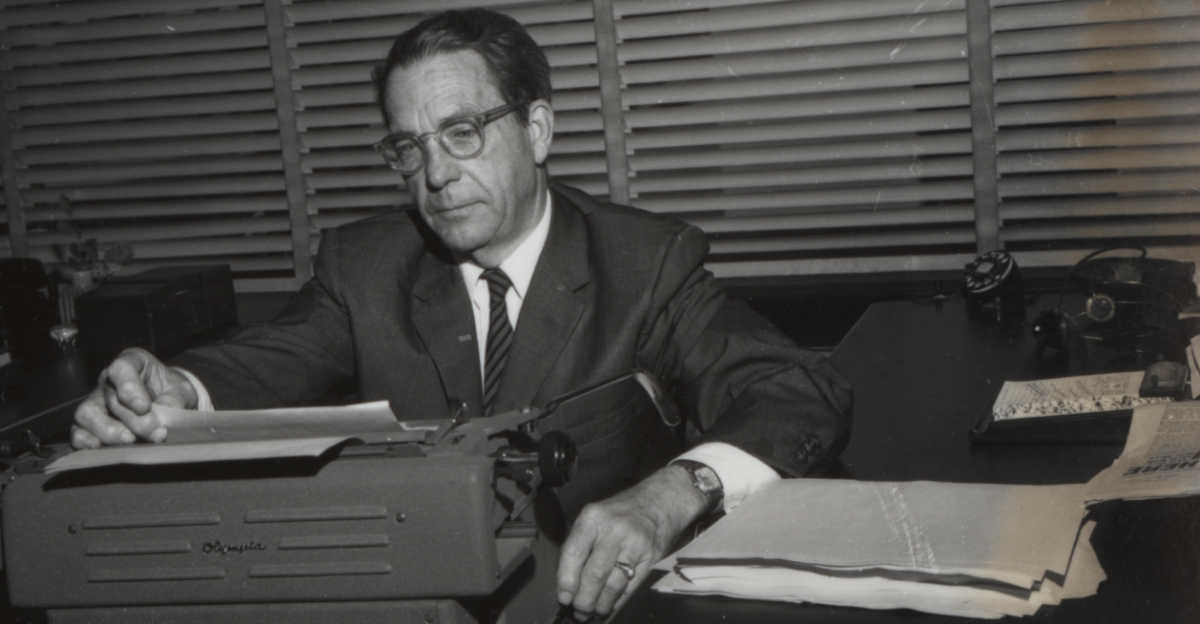

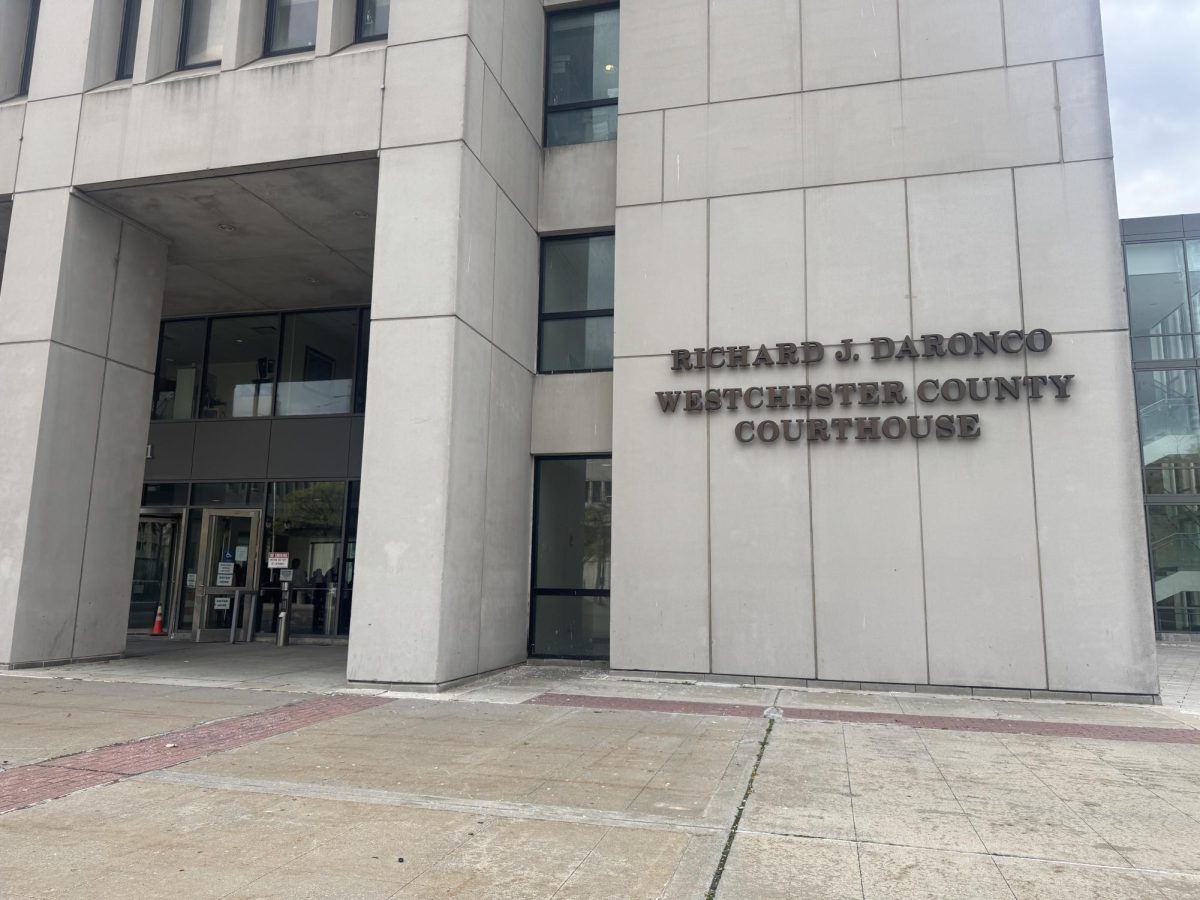


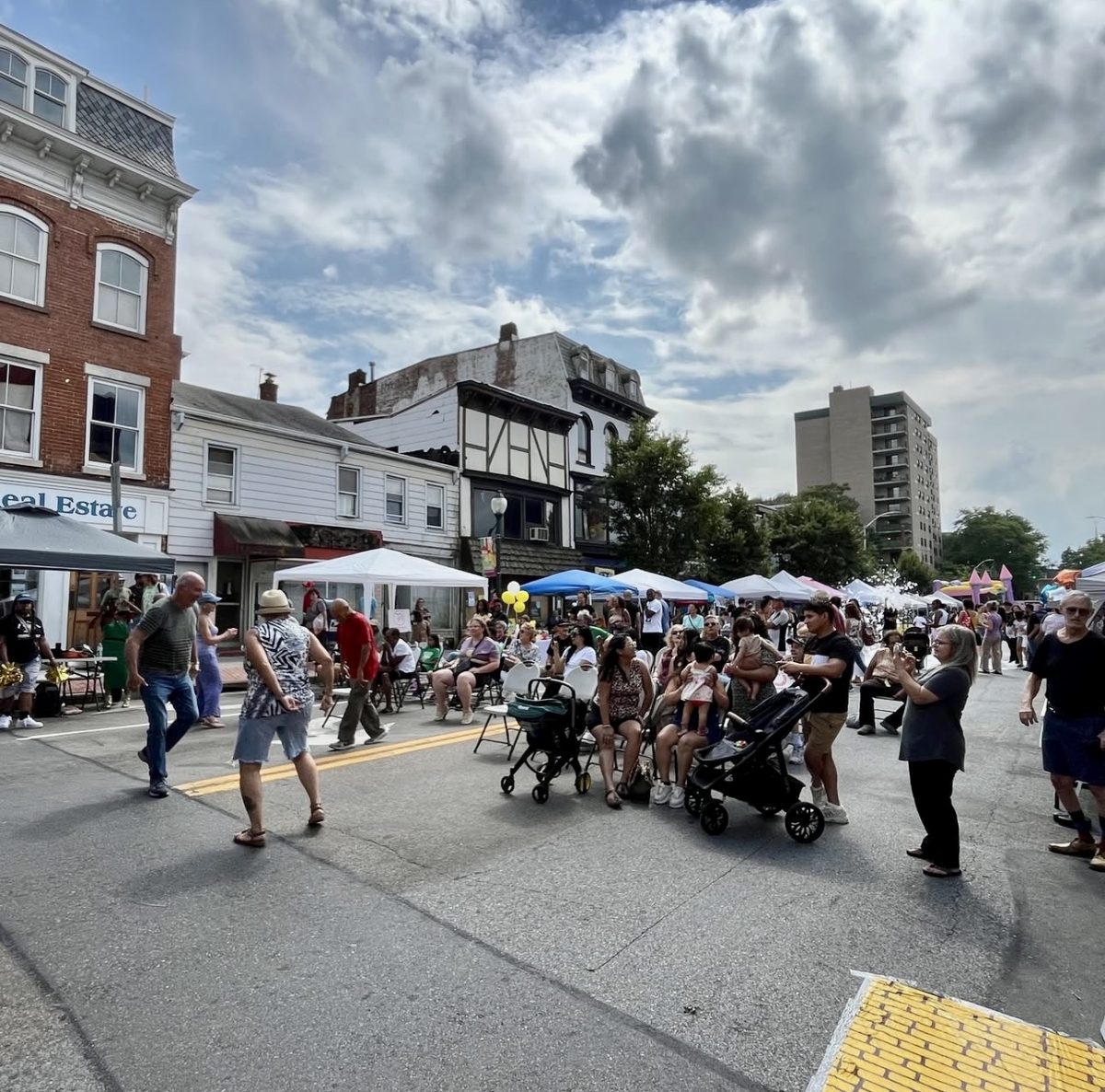


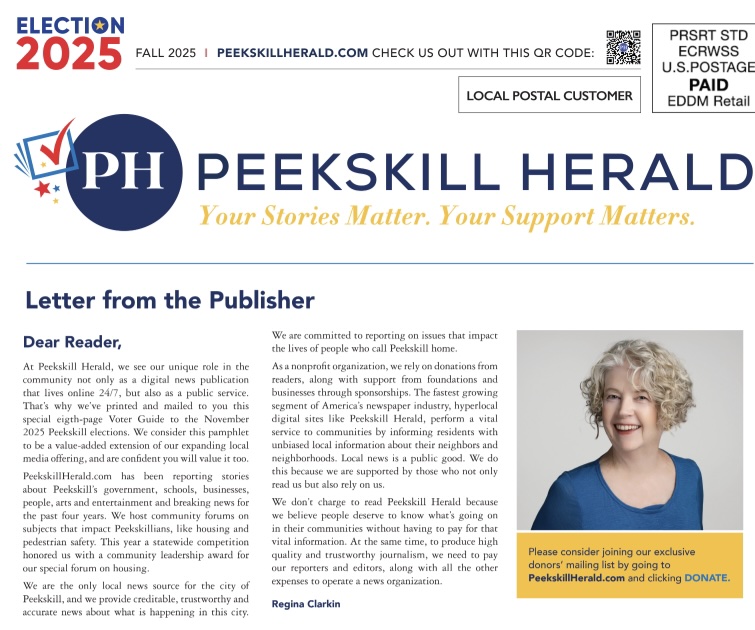
![Peekskill girls volleyball in action against Fox Lane on Oct. 16. (Peekskill City School District]](https://peekskillherald.com/wp-content/uploads/2025/10/Lead-photo-6-1200x640.jpg)
